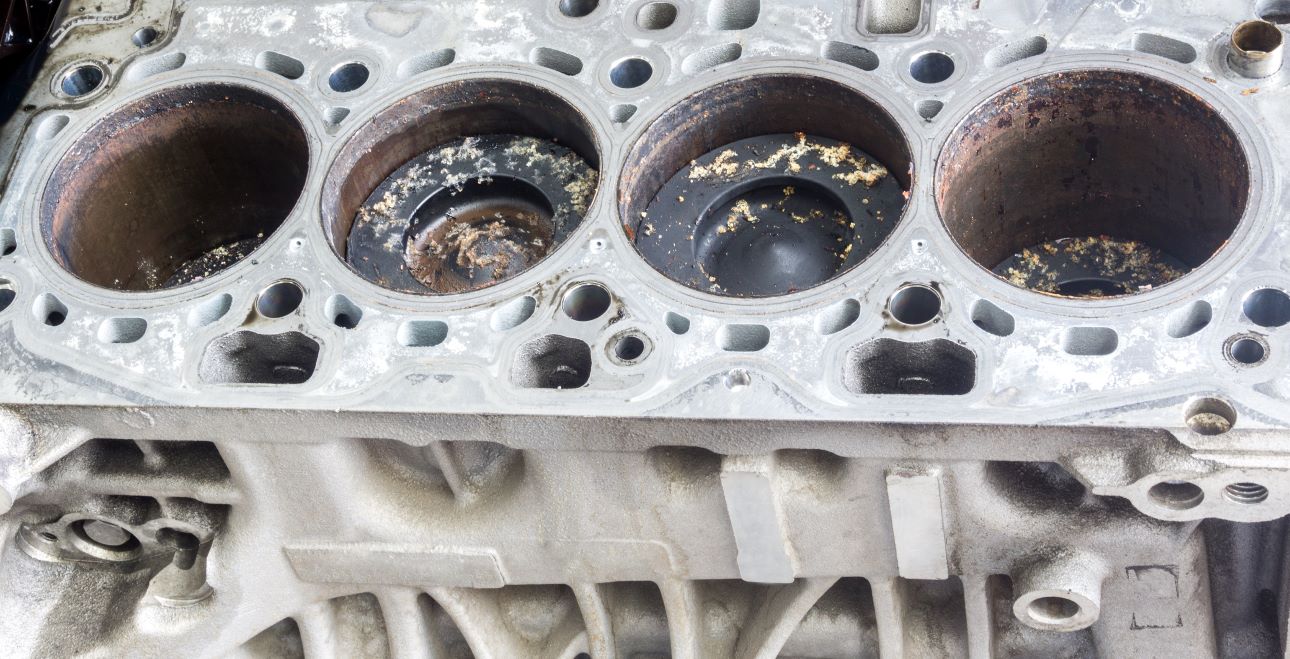
mobility

Innovative high-quality fuel additives extend the life of engines by helping to maintain fuel quality and protecting key mechanical components while offering our customers advantages over the baseline technologies. Our solutions keep you moving forward with lubricity improvers, corrosion inhibitors, and multifunctional additives.
learn more
In transportation, lubricants are used to help reduce the friction between moving parts. The utility of any base lubricant can be enhanced with lubricant additives. Functionalities that an additive can improve include friction modification to reduce the wear of automotive parts and prolong the life of engines, corrosion inhibition to protect the internal surface of the engine or transmission, and dispersion used to minimize sludge formation and neutralize acidic components.
learn more
The structural parts market encompasses the production, distribution, and sale of essential components that form the primary structure of transportation vehicles across various sectors, including automotive, aerospace, marine, and rail. These parts are fundamental to the vehicle's overall integrity, performance, and safety.
learn more




